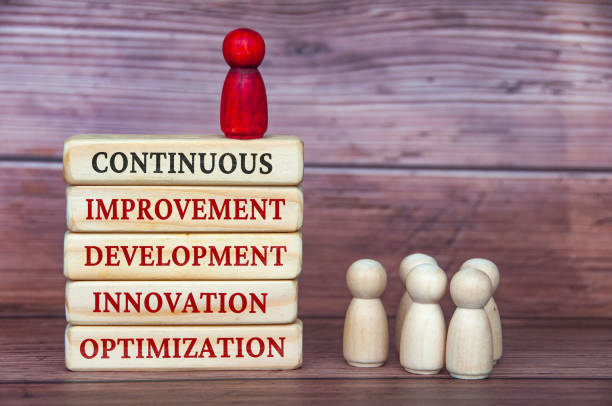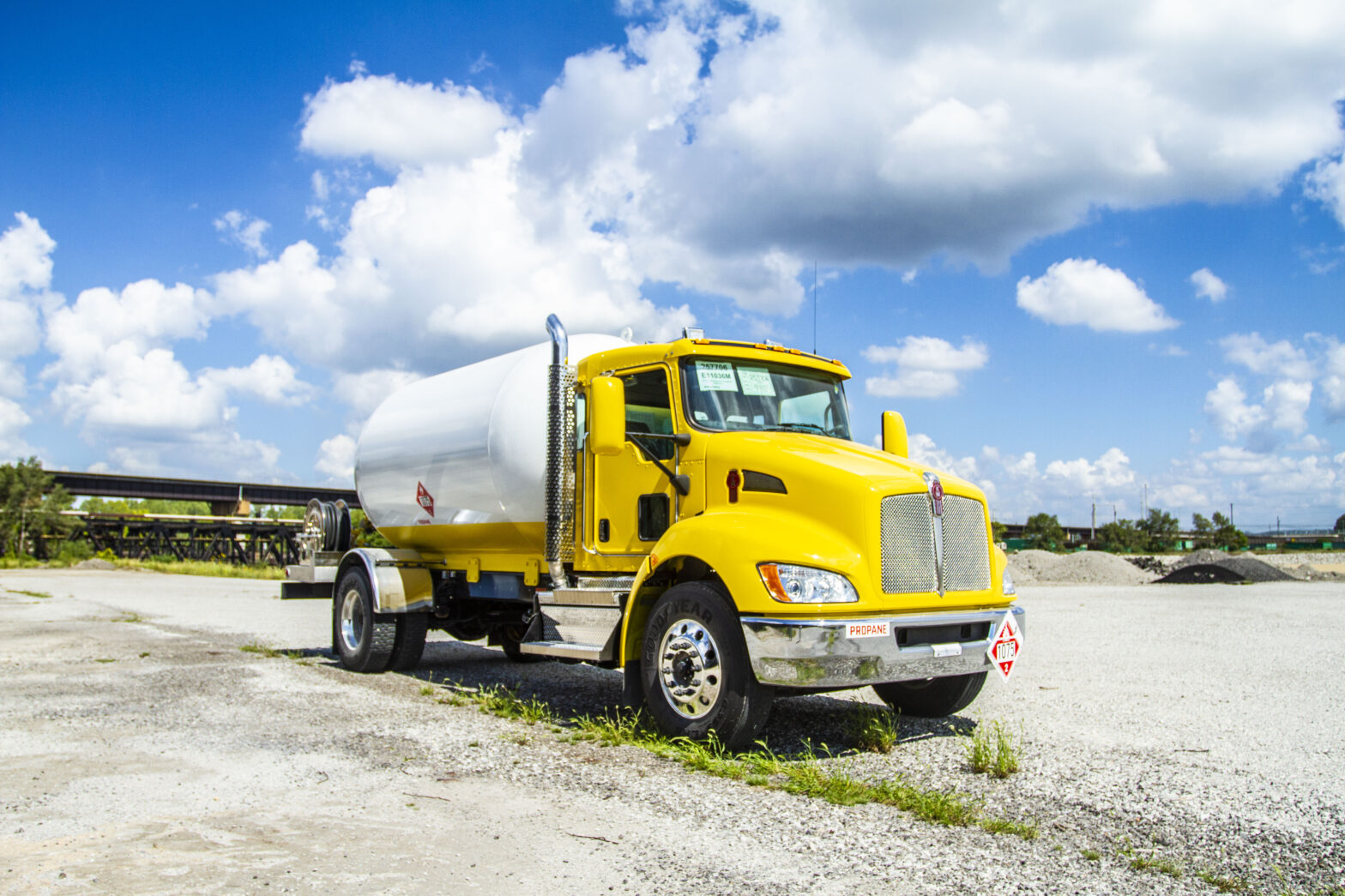Trust and Accountability in Propane Deliveries
Customers rely on timely and reliable deliveries to keep their homes warm and businesses running smoothly. Establishing and maintaining trust requires a commitment to accountability at every step of the delivery process. In this article, we’ll explore how propane business owners can foster accountability among their delivery teams to ensure reliable service and build lasting… Continue reading Trust and Accountability in Propane Deliveries







